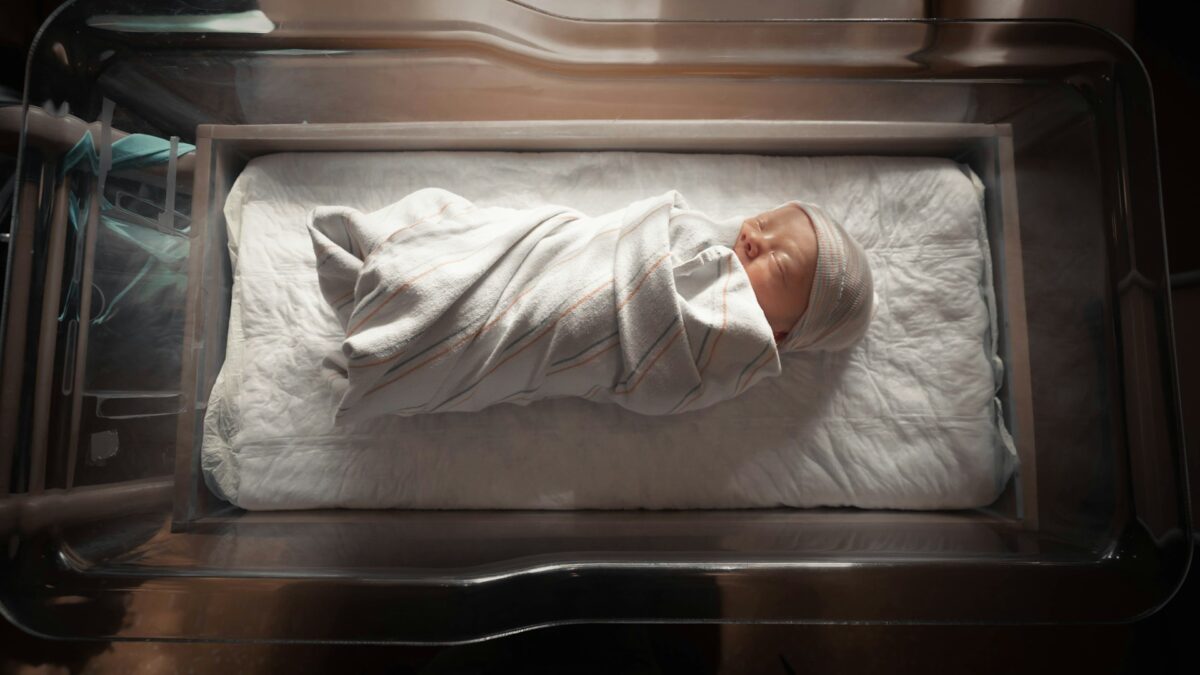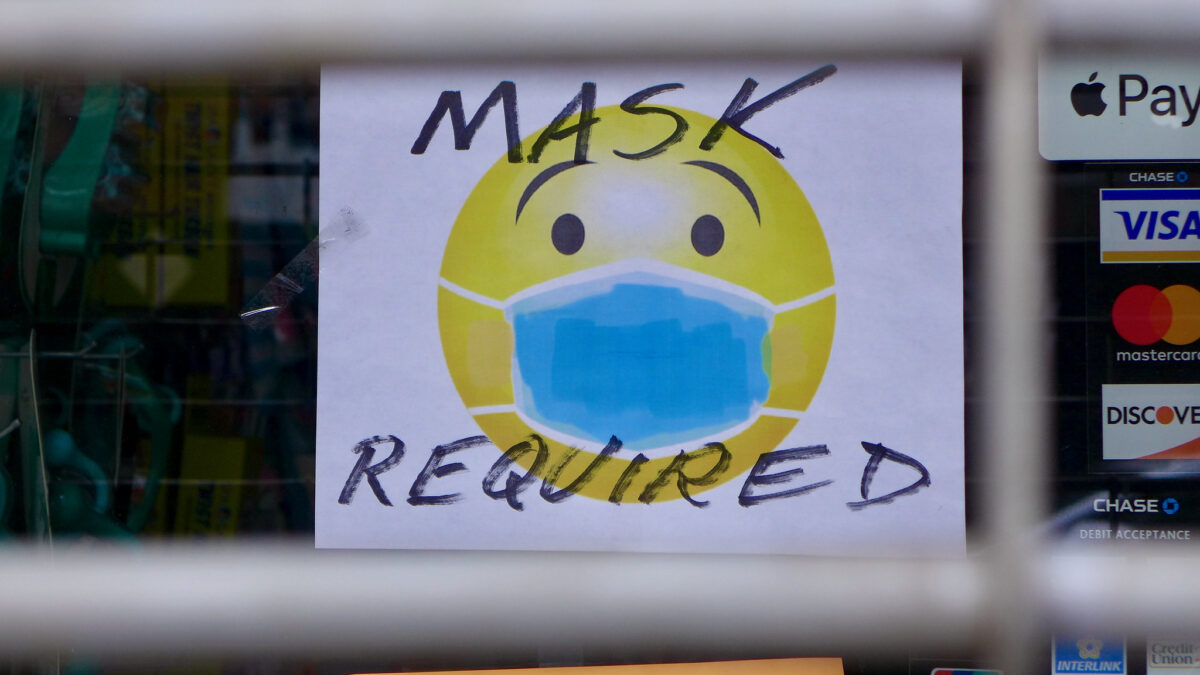“When Catholics, Protestants, Feminists, and Marxists all agree on something, you know it’s bad.” Those were the sentiments of Swedish author Kajsa Ekis Ekman, who appeared on a panel of journalists at the second annual Casablanca Declaration conference this week in Rome. The diverse attendees are united on only one front — their commitment to ban surrogacy worldwide.
I am one of the 100 “experts” from 75 countries who signed onto the Casablanca Declaration in 2023. Our eclectic coalition fights this motherless baby-enabling technology because it violates human dignity and the rights of both women and children. We encourage all countries to:
- Prohibit surrogacy in their territory
- Deny any legal validity to contracts bearing the undertaking from a woman to carry and deliver a child
- Punish individuals and corporations acting as intermediaries between the surrogacy mothers and the orderers
- Prosecute individuals who have recourse to a surrogate mother in their territory
- Prosecute their nationals who have recourse to a surrogate mother outside their territory
The two-day conference was packed from morning to evening with speeches translated into Italian and English. The conference platformed speakers from five continents including members of the Italian parliament from both major parties, representatives of the Vatican, bioethicists, lawyers, scholars, journalists, and feminists. Other than the two UN representatives who carefully refused to take a position on the practice and were there to “listen,” presenters agreed that aggressive steps must be taken to ban surrogacy worldwide.
One of the chief spokeswomen for the Declaration, and its most powerful voice, is Olivia Maurel. She shared her story as a child born of surrogacy, the attending psychological distress, and the lifetime of mental health challenges she suffered as a result.
Given the newness of this practice and the fact that it’s still relatively rare due to its risk and cost, Olivia is one of the few children born of surrogacy who is both old enough, and bold enough, to critique the practice. She has, however, shared that she is in contact with several other surrogate-born children who have been harmed but feel they cannot speak out because of what Olivia calls “divided loyalty.” That is, giving voice to their struggles will result in friction, or a total loss of relationship, with the people who raised them. Olivia has experienced this personally.
As one of the original signers of the Declaration, I presented virtually at the inaugural 2023 conference in Casablanca. My nonprofit, Them Before Us, is dedicated to defending children’s rights to their mother and father, and that makes us staunch opponents of surrogacy in all cases, whether it is commercial or altruistic, traditional (the birth mother is also the genetic mother) or gestational (the birth mother is carrying an unrelated child), whether the commissioning parents are heterosexual or homosexual. Surrogacy always forces children to sacrifice for adults, and thus, it is always an injustice.
Surrogacy is largely banned across Europe due to obvious parallels with female exploitation and its glaring similarities to child trafficking. The members of the Casablanca Declaration aim to keep it that way.
But the conference also included representatives from Africa and South America, both of which are attracting the attention of #BigFertility due to a high number of economically vulnerable women and loose or absent condemnation of the practice.
Like many nations and continents, there are surrogacy hotbeds even within Europe. The fertility industry has set up shop in Ukraine, where women are in desperate need of money after their husbands have been sent to the front lines or killed. Currently, 25 percent of all international surrogacy takes place in Ukraine.
But even in the U.S., where surrogacy is “highly regulated,” it creates victims. In her remarks at the conference, founder of the Center for Bioethics and Culture Network Jennifer Lahl noted that it’s “highly regulated to protect the buyers. The lawyers. The doctors. The agencies. The brokers. Which is true. They leave out the important detail that regulation doesn’t protect the women or the children they deliver.”
Lahl, who is the recipient of many surrogacy-gone-wrong stories, shared examples of mothers who were medically harmed or financially threatened, or who died at the hands of fertility doctors and “purchasing” parents.
She told the story of Linda, whose second surrogate pregnancy was for a couple from China. During her pregnancy carrying twins, the purchasing parents divorced and offered her $80,000 to abort both babies. Linda refused and said she would adopt the children. The wealthy mother explained that she didn’t want her children to be raised in a lower-income household. Linda gave birth to the twins and was told that the Chinese mother kept the little girl and the baby boy was put up for adoption. Linda reports struggling with PTSD because of the trauma of her surrogate pregnancy.
The conference heavily condemned commercial surrogacy. But among speakers and attendees, the idea of “altruistic” surrogacy was also critiqued. Even in places where commercial surrogacy is illegal, commissioning parents are permitted to cover “expenses,” which can number in the tens of thousands of dollars. Further, in altruistic arrangements money is still flowing to “donors,” doctors, and lawyers. It’s only the woman subjecting herself to what is always a high-risk pregnancy who is not getting paid.
Two days after the conference’s conclusion and just down the street, the Vatican issued Dignitas Infinita, a 20-page document five years in the making condemning affronts to the human person including surrogacy. While some may scratch their head as to why surrogacy is counted among euthanasia, abortion, transgender surgeries, human trafficking, and abortion as violations against the human person, members of the Casablanca Declaration do not. We know that surrogacy in all forms violates the rights and well-being of both women and children. And that’s why we’re fighting for a global end to the practice.









